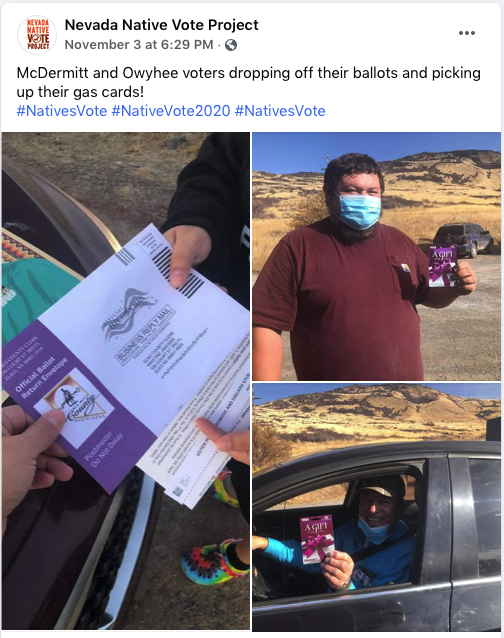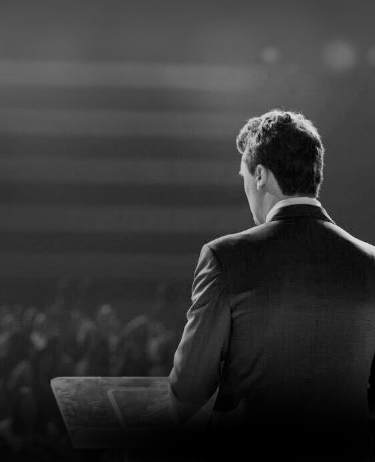Report: Cash-For-Votes Scheme in Nevada
Charlie Kirk Staff
11/21/2020

Nevada seems to be rife with voter fraud. For the 2020 election, Nevada mailed an absentee ballot to every registered voter whether they requested one or not. This led to the state receiving more than eight times the amount of mail-in ballots they received in 2016.
Because of the widespread voter fraud and irregularities, Republicans filed another lawsuit on Tuesday.
The mass mailing of unsolicited ballots is of course a recipe for fraud, even more so in a state where the voter rolls contain tens of thousands of people who haven’t voted or updated their records in more than a decade. This is how you get dead people voting, as we reported here at The Federalist and as Tucker Carlson noted last week.
But there’s another, less sensational but perhaps more consequential election scandal in Nevada that hasn’t yet made headlines, even though it’s been hiding in plain sight for weeks now. Under the guise of supposedly nonprofit, nonpartisan get-out-the-vote campaigns, Native American voter advocacy groups in Nevada handed out gift cards, electronics, clothing, and other items to voters in tribal areas, in many cases documenting the exchange of ballots for “prizes” on their own Facebook pages, sometimes even while wearing official Joe Biden campaign gear.
Simply put, this is illegal. Offering voters anything of value in exchange for their vote is a violation of federal election law, and in some cases punishable by up to two years in prison and as much as $10,000 in fines. That includes raffles, free food, free T-shirts, and so on.
Yet the Nevada Native Vote Project’s Facebook page contains post after post of voters receiving something of value in exchange for proof they cast a vote or handed over an absentee ballot. In one post, two men display $25 Visa gift cards they received after dropping off absentee ballots, presumably to someone who works for the Nevada Native Vote Project.


A spokeswoman for the Reno-Sparks Indian Colony, Bethany Sam, appears on video in yet another Facebook post inside a polling place offering T-shirts, stickers, jewelry, and thousands of dollars in gift cards to voters.
There are many more examples of fraud in Nevada and you can read about them here.
Latest News

Tariff Revenue Could Reach $300 Billion by End of 2025: Bessent

Trump Says ‘Zero’ Border Crossings Will Lead to Spending Cuts As Billions Approved for Immigration Enforcement

10 Antifa Militants Charged In Armed July 4 Attack On ICE Facility In Texas

 Member
Member









